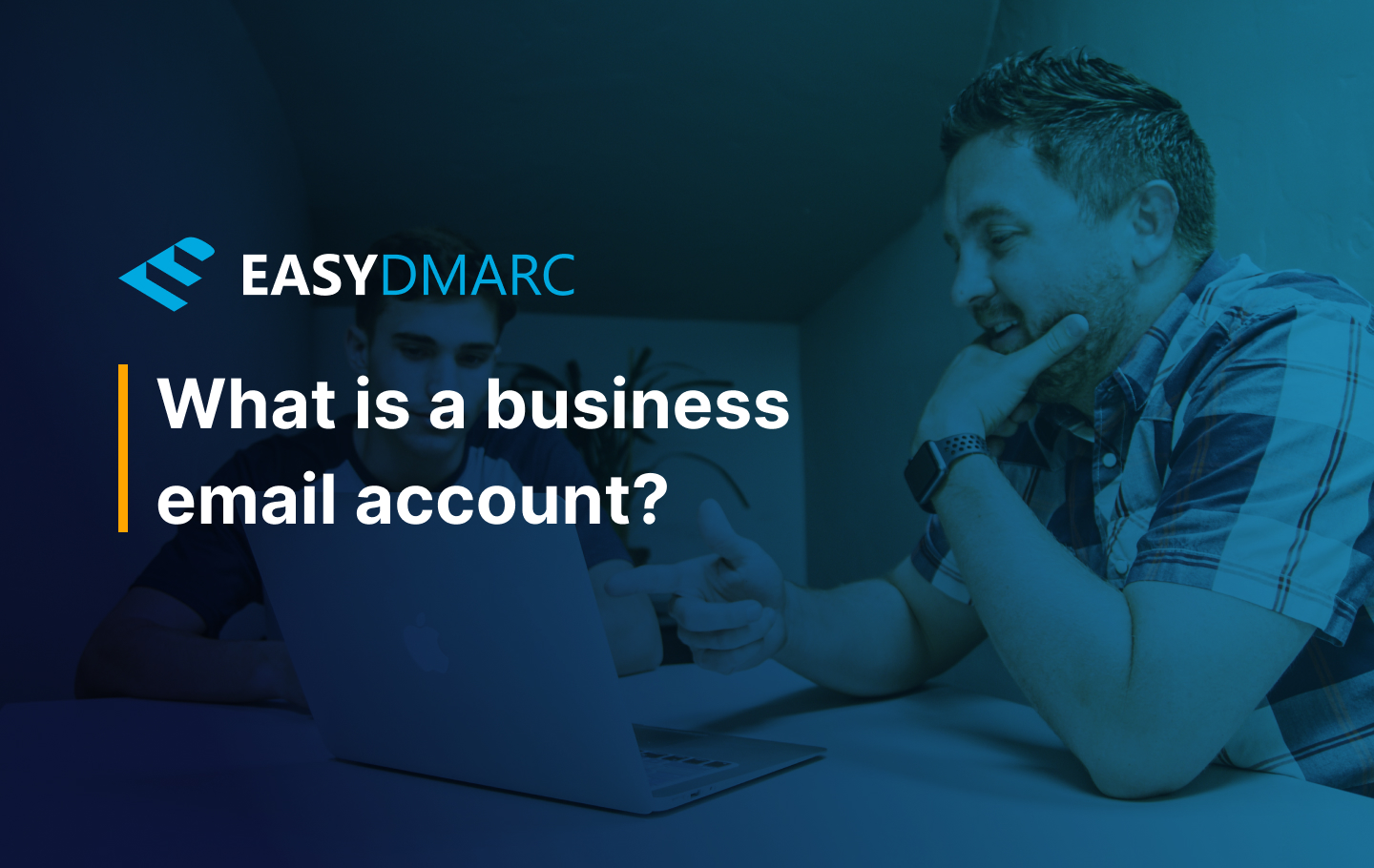There are many perks to using a business email account, and most professional businesses are practically expected to make use of one. But what is a business email?
Business email addresses use your company’s domain name after the “@” rather than a generic public domain name, such as Gmail. While not strictly required of businesses, these professional email accounts tend to have a lot of immediate benefits.
For starters, the average person will be much quicker to trust business email addresses with the business’ name right in front of them than, say, “[email protected]”.
So, let’s talk about how to create a business email account and the benefits of using one.
Corporate Email Account Providers
If you’re looking into creating an email for your business, you have quite a few options at your disposal. The biggest business email service providers are Google Workspace, Office 365, Amazon WorkMail, and Yahoo Small Business. These services provide businesses with professional email accounts at a reasonable price.
In addition to the email services, these solutions usually give businesses an integrated platform for work organization. They typically include a calendar, notes app, document cloud, chat, and video call solutions.
Top email providers also do more to protect your company emails and assets. They offer end-to-end encryption, spam and malware protection, two-factor authentication, and other security solutions.
Access
One of the biggest perks of internal security with business email accounts is access management – the ability to control who uses your business email account at all times.
While this is an extreme example, imagine all the small business employees using personal emails for company matters. Assuming customers of that business begin recognizing those emails, customers form a bit of trust.
Now, what happens if one of those employees quits or is fired? They’re still in control of a “company email account.” No, it’s not official by any means, but customers that they’ve been in contact with recognize that address as trustworthy. This situation could pose a significant threat to the company and its security.
Meanwhile, with business email accounts, access is completely manageable. Administrators can decide who can and can’t log in to the account, change access to files and delete the address if the employee leaves the company. This way, complete control is maintained over the email account access.
Security
The largest business email providers, such as Google and Microsoft, offer high-end and customizable spam protection for their services. The administrator can configure the filters according to their business needs.
To reduce mass emails finding their way into your inbox, tune-up bulk email filters. Or, if you want to get more precise, create a blacklist of senders that you want to filter out immediately.
Alternatively, you could make a whitelist of senders, where only a select few that have been approved manually can send you emails. Most services also offer the ability to “quarantine” messages, where you can drop spam emails to check them carefully before being delivered into the inbox.
Management
“Super admins” – usually, the organization’s CEO can monitor email accounts and a select few with authorized access. A business email account allows you to review all sent and received communication contents. This ensures that they can filter inappropriate media or unwanted messages. Administrators can track and manage individual account access, too.
Owning domain-based business email addresses in your company helps streamline management and operations. Still, the best part of it is technical.
Administrators can configure the domain DNS records, implementing SPF, DKIM, and DMARC for better business email deliverability and cyberattack protection.
Attachment Size
The average maximum file size for free email services tends to linger around the 10 MB mark. This is generally an acceptable limit for most. However, for businesses, it can occasionally become a handicap. For this reason, business email providers typically extend this limit.
For example, with Google Workspace, the file size cap is raised to 25 MB for sent emails and 50 MB for received emails. Anything over that, however, and they recommend using Google Drive for file-sharing. While email isn’t an ideal way to share larger files, many companies require a lifted size limit, and most providers are willing to allow it. To help you streamline the process, try resizing your images so you can save space on your email attachments.
Price Per User
The main competition among business email providers is between Google and Microsoft. Being one of the most common places to buy your business email plan, Google runs a wide gamut of pricing options with their “G Suit” packages – the service that provides Gmail for businesses.
Their basic version goes for $6 per user per month on the lower end of things. It offers almost all the expected features but with limited storage size.
Next up is their business plan, costing $12 per user per month. This is their most popular package, with no limits on storage space. Finally, their enterprise plan comes in at a $25 per user per month price tag. It offers all features with no limits and advanced controls for top management.
Alternatives to Google Workspace, such as Office 365 by Microsoft, offer roughly the same pricing structure, with prices varying here and there. Ultimately, it comes down to user preference.
Conclusion
Business email addresses add trust and professionalism to your company. However, as you can see, they also have a practical use. Keeping company files and communication in one place and having control over them is essential for everybody’s security.
Using domain-based email accounts also helps manage the business email infrastructure and protect it from cybersecurity threats.


